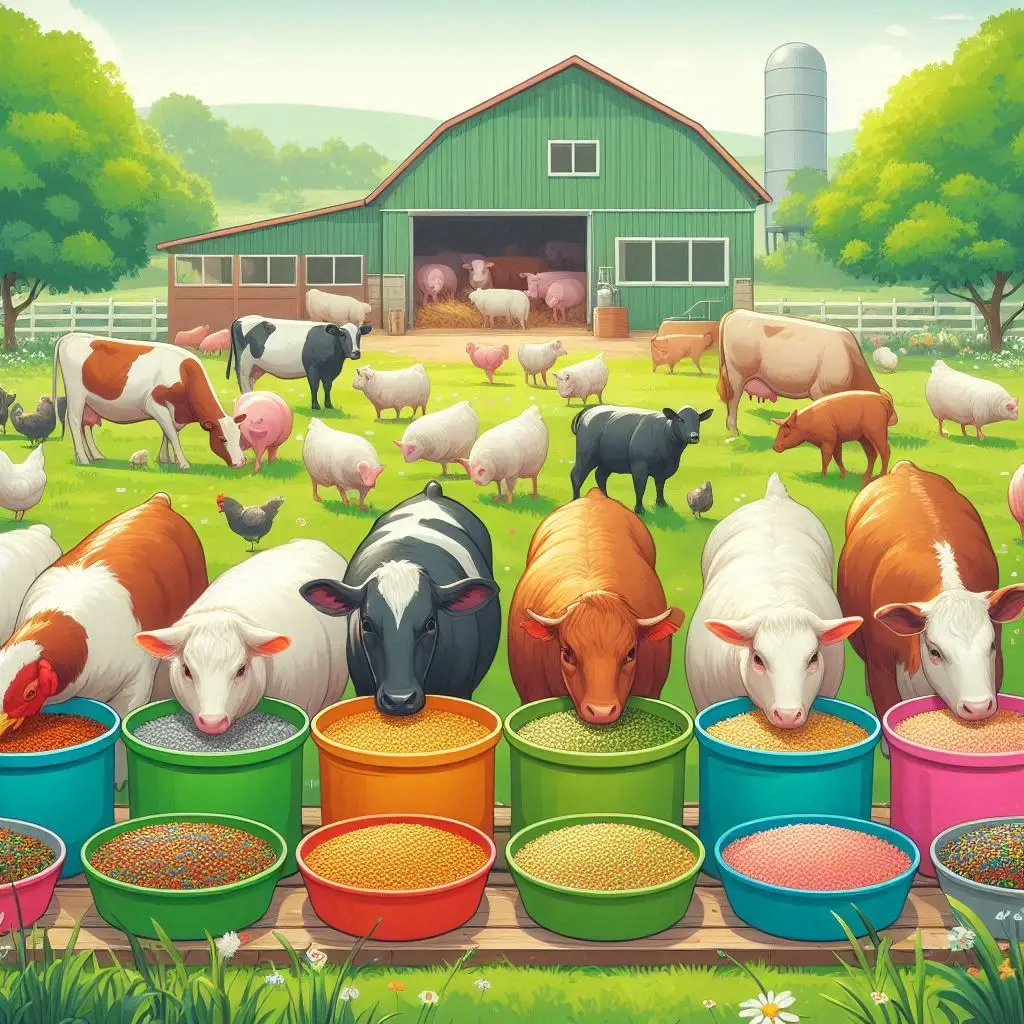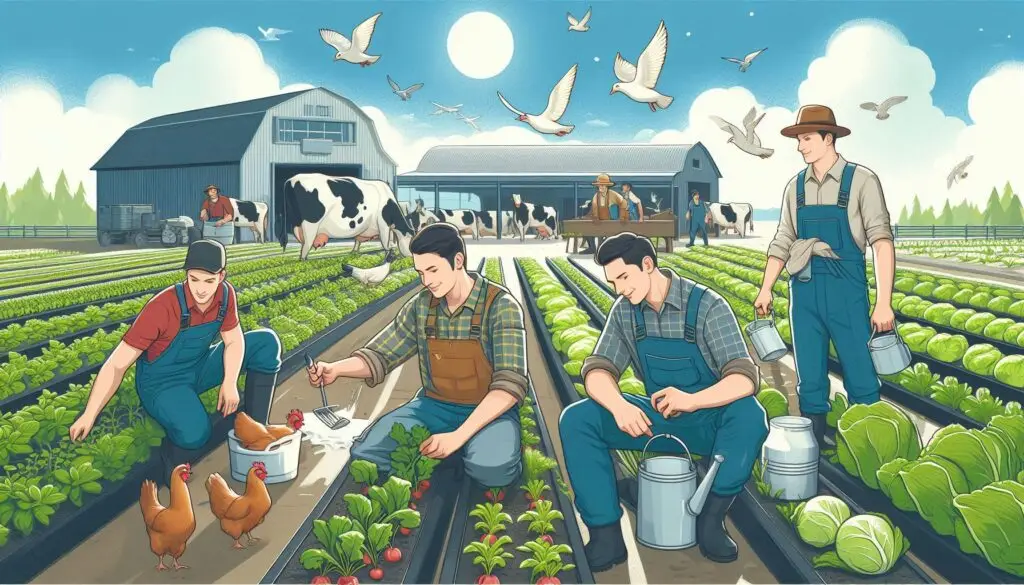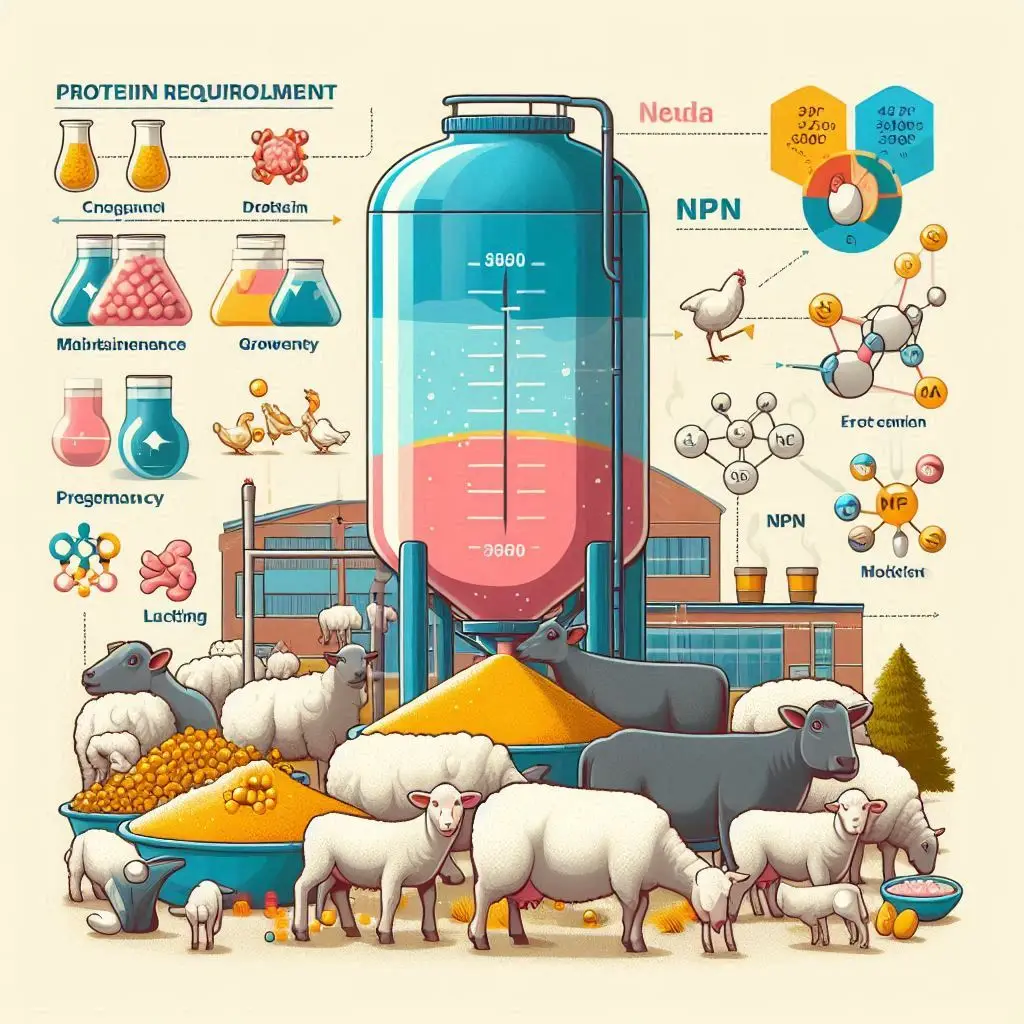Goat Milk Feeding Guide

Understanding Goat Nutritional Needs
Goats are unique animals with specific dietary requirements. Their diet should be balanced to support both maintenance and milk production.
Energy Requirements
Goats need energy to produce milk effectively. Energy comes primarily from carbohydrates found in grains and forage. A good rule of thumb is to provide one pound of grain for every three pounds of milk produced during early lactation. In late lactation, this can decrease to one pound for every five pounds of milk.
Protein Needs
Protein is vital for milk production. A diet containing 12-15% protein is ideal for lactating goats. High-quality forage, such as alfalfa or clover, provides a significant protein source.
Minerals and Vitamins
Minerals like calcium and phosphorus are crucial for overall health and milk production. Goats also require vitamins A, D, and E. These can be supplied through green forage or supplements.
Types of Feed
Forage
Forage forms the backbone of a goat’s diet. Quality hay, pasture, and browse should always be available. Goats prefer clean, fresh forage and will refuse anything stale or dirty.
Grains
Grains can supplement the diet but should be introduced gradually to prevent digestive issues. Common grains include corn, barley, and oats.
Commercial Feeds
Many farmers opt for commercial goat feeds that are specially formulated to meet the nutritional needs of dairy goats. These feeds often contain a mix of grains, protein sources, vitamins, and minerals.
Feeding Management Practices
Effective feeding management can significantly impact milk production.
Regular Feeding Schedule
Establishing a consistent feeding routine helps reduce stress in goats. Stress can negatively affect milk yield.
Gradual Dietary Changes
When changing a goat’s diet, do so gradually over 10-14 days. Sudden changes can lead to digestive problems.
Free-Choice Feeding
Allowing goats access to free-choice minerals and hay ensures they meet their nutritional needs based on individual requirements.
Health Considerations
Maintaining goat health is essential for optimal milk production.
Parasite Control
Internal parasites can reduce milk yield by up to 25%. Regular veterinary check-ups and preventive treatments are crucial.
Stress Reduction
Goats thrive in low-stress environments. Provide adequate space, shelter from extreme weather, and minimize disruptions in their routine.
Special Considerations for Lactating Goats
Lactating goats have unique nutritional needs that must be addressed to support high milk yields.
Pre-Kidding Nutrition
Increase nutrition during late pregnancy to prepare does for lactation. This helps ensure they have enough energy reserves when they start milking.
Post-Kidding Care
After kidding, continue to provide high-quality feed to support increased milk production during the early lactation phase.
Conclusion
Feeding goats for optimal milk production requires attention to detail in their diet and management practices. By understanding their nutritional needs and providing a balanced diet, goat owners can maximize both the quantity and quality of milk produced.
For more pearls of Vets Wisdom:
https://wiseias.com/partitioning-of-food-energy-within-animals/






Responses